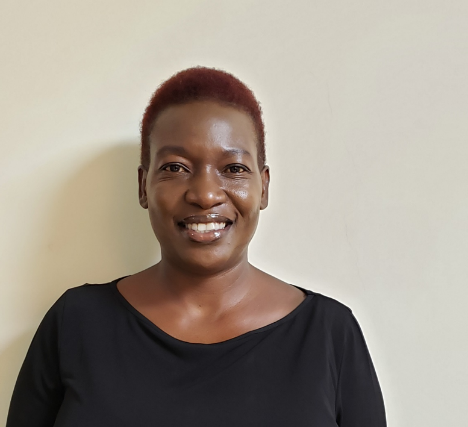Fundación Probitas, comprometida con la igualdad de género en todo el mundo
Fundación Probitas, comprometida con la igualdad de género en todo el mundo
8 marzo 2021
- La fundación fomenta la inclusión y empoderamiento de la mujer en sociedades de todo el mundo a través de sus programas locales e internacionales.
Este 8M, Día Internacional de la Mujer, Fundación Probitas celebra el esfuerzo de millones de mujeres y niñas para conseguir la igualdad de oportunidades para un futuro digno. A través de sus programas locales e internacionales, la fundación fomenta la participación de las mujeres, luchando contra todo tipo de discriminación, y contribuye al empoderamiento de las mujeres y niñas de las comunidades más vulnerables.
En este contexto, Fundación Probitas colabora en Kenia con la ONG Kaperur con el objetivo de implementar actividades destinadas a reducir el impacto de enfermedades olvidadas como el tracoma o la leishmaniasis en zonas remotas del país, a la vez que defienden los derechos de las niñas, en términos de educación y abolición de prácticas que degradan el papel de la mujer en la sociedad.

Hellen Nyakundi, Projecte Manager de la ONG Kaperur, és conscient de la seva posició de privilegi "en una societat tradicionalment estructurada per una cultura patriarcal en la qual es prioritza als homes. Tot i ser majoria, hi ha un desequilibri en la representació i participació de les dones en la governança".
La formació bàsica en treball social i el seu títol en salut pública li ofereix a Nyakundi la capacitat d'aplicar eines i habilitats en epidemiologia, bioestadística, anàlisi de polítiques i sistemes de salut enfocats a la seva comunitat. "A Kenya, l'ambició i l'agressivitat generalment es perceben com a atributs femenins poc atractius i la regla de gènere dels dos terços, ordenada constitucionalment, encara no ha entrat en vigor a totes les àrees de govern. No obstant això, l'acció decidida i sostinguda ha augmentat la representació de les dones en els àmbits polític, acadèmic, empresarial i en altres esferes socioeconòmiques", assegura la responsable de Kaperur.
Davant les principals limitacions per donar poder a les dones kenyanes, Hellen assenyala que "tenen les taxes d'analfabetisme més altes. Les pràctiques culturals retrògrades, inclosos els matrimonis precoços, la mutilació genital femenina, la prostitució forçada, la violència de gènere, la violació i la violència domèstica, agreugen encara més el problema. La majoria de les vegades, les dones es veuen limitades a l'hora de posseir, adquirir i controlar propietats a tot Kenya, independentment de la seva classe social, religió o grup ètnic. Això les fa altament susceptibles a un cicle interminable de pobresa al ser massa dependents de les seves contraparts masculines".
Per això, Nyakundi es mostra orgullosa que "gràcies a dones com jo, les nenes de les zones més desfavorides puguin superar les grans dificultats a les qual s'enfronten per convertir-se en dones empoderades".
